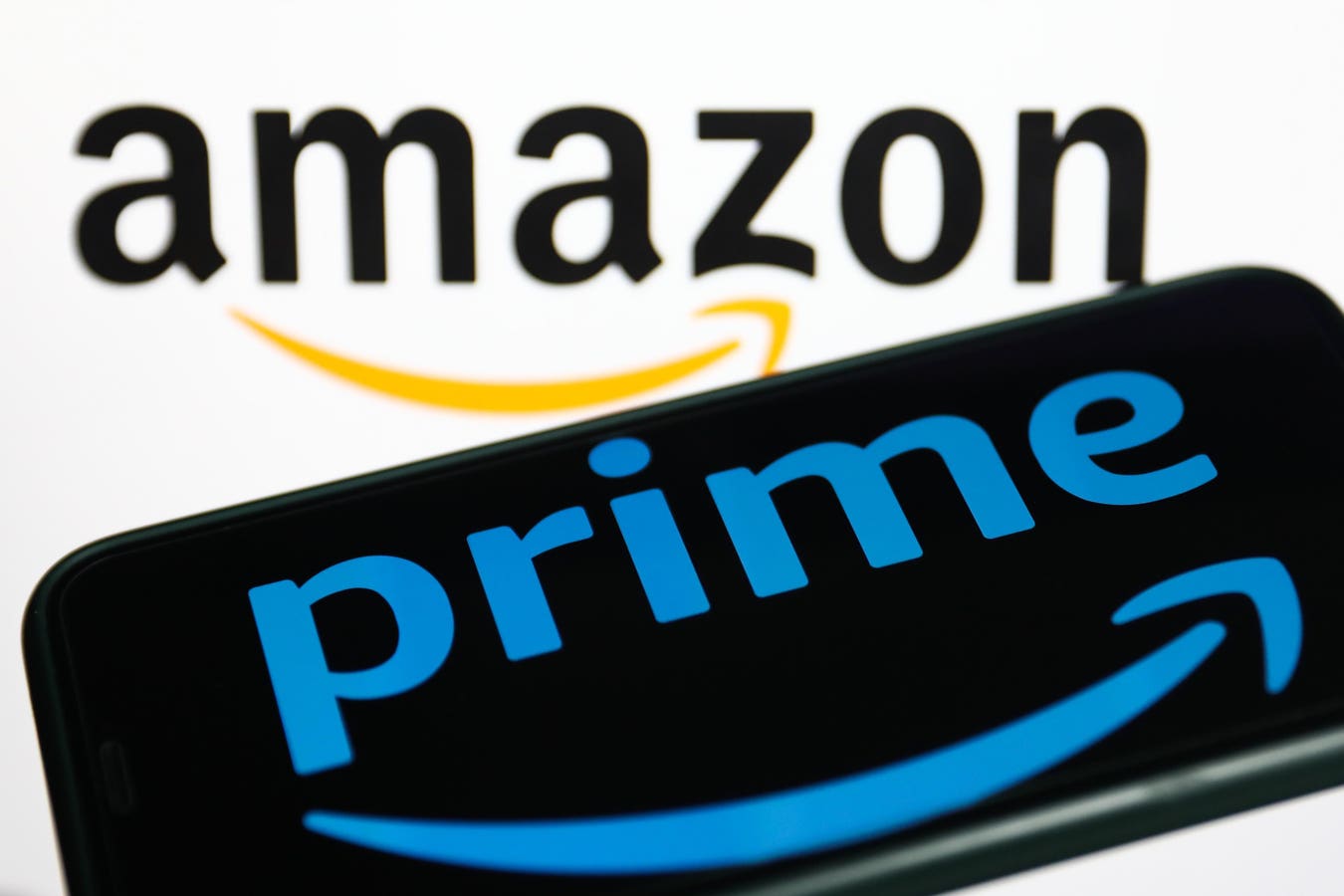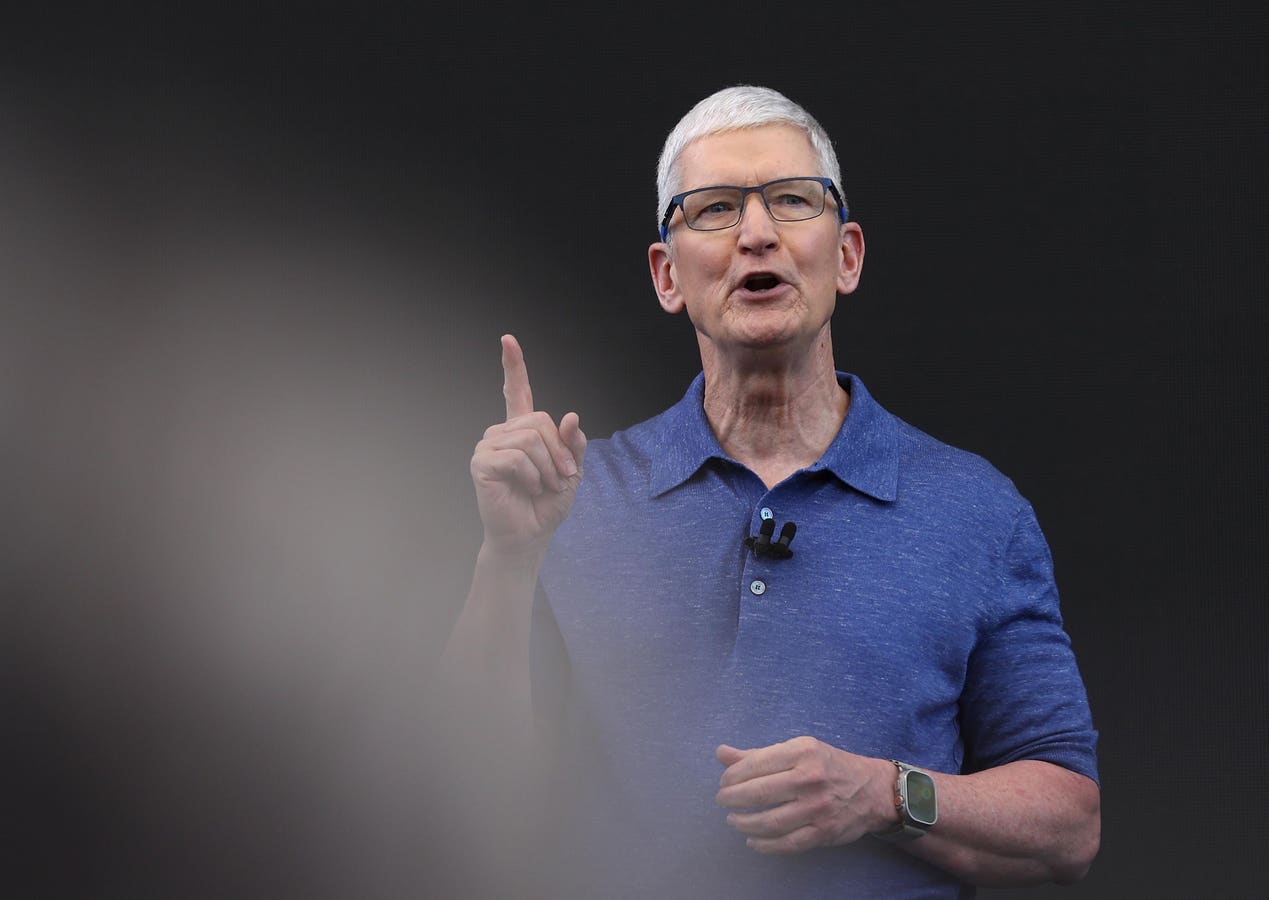Volvo Trucks is bringing autonomy to freight movement in the U.S.
The autonomous truck crowd descended on Anaheim last month for the annual Advanced Clean Transportation (ACT) show. ACT has been operating for more than decade and the focus has gradually expanded from “clean propulsion” to include other cutting-edge technologies in logistics. Within the massive Expo Hall, 12,000 attendees examined the latest tech from truck and engine makers, trailer manufacturers, energy suppliers, charging infrastructure, intelligent tire makers, innovations in all types of alternative energy, along with self-driving trucks. For autonomy, the focus was on driverless trucks shifting trailers in logistics yards as well as long haul operations. My recent article covered logistics yard operations. Here’s to review the latest accomplishments, plans, and statements from the companies focused on long haul that were present at ACT.
Plus and TRATON Group And IVECO
Truck autonomy developer Plus had a substantial exhibit and used this to provide informational talks from executives each day. The exhibit highlighted Plus’s production tie-up with the TRATON Group, as well as testing which is underway with Hyundai fuel cell trucks in North America. Separately, Plus has partnered with IVECO Trucks for production of autonomous vehicles, making Plus the only AV developer working with two European-based manufacturers.
Within TRATON, the near-term action is happening with their U.S. focused subsidiary International Truck. Working with International engineers, Plus is conducting validation of its self-driving highway capability on Interstate 37 in the San Antonio, Texas area, where International has a manufacturing plant. This follows test-track based validation in Ohio with no driver behind the wheel.
Peter Hafmar, Vice President and Head of Autonomous Solutions at Scania, leads the coordination of Autonomous Solutions for the TRATON GROUP. In an interview at ACT, Mr. Hafmar noted their many years of evaluating and partnering in the autonomy space. “We developed in-house expertise in autonomous driving so as to assess potential suppliers, and our evaluation of Plus led to our production partnership with them.” The partnership was announced early last year.
Within TRATON, International will be the first to offer autonomous trucks to their customers. “Customers in the U.S. have tried AV trucks from various developers. They are very well informed. These leaders are ready to go when the product is released,” he said. The company has said that the first rollout of Plus-powered autonomous trucks will occur in 2027.
Noting that European launches will follow with brands Scania, MAN, and Volkswagen Truck and Bus, Mr. Hafmar is upbeat about regulatory allowance of autonomous trucks there. The most vexing challenge currently relates to border crossings within the European Union, which he believes will be resolved by EU-wide legislation.
Across the board, Mr. Hafmar emphasizes that the use case must include terminal-to-terminal services. Therefore, their AV’s must be capable of running on the main highway as well as surface streets nearby to the highway to reach freight terminals.
In a Truck Tech episode from ACT Expo, FreightWaves’ Thomas Wasson interviewed Plus COO & Co-Founder Shawn Kerrigan about Plus’s tech. “We have a global collaboration across all TRATON brands to bring this technology to life in products they can deploy to their customers. Our focus as a software tech developer is to enable the truck OEM to create autonomous trucks that they can deliver to their customers, the fleets. Our customer and partner are the OEMs. We’re excited about this global collaboration with TRATON,” he said.
The pace of activity continues to gain momentum. In an interview on the ACT Expo floor, David Liu, Plus Co-Founder and CEO, told me that “in the second half of this year, our pilots in Texas will expand to serve new fleets.”
Aurora and PACCAR and Volvo
Truck autonomy developer Aurora had their autonomous truck on display at ACT, providing a low-key presence at the event. Although attendees didn’t know it at the time, Aurora trucks were already on the road running driverless in commercial freight hauling – a world first. For months, Aurora had assured investors that this launch would happen in April 2025 and they made good on the promise, even though the announcement came a couple of weeks later.
Subsequent news was jarring, in that pressure from PACCAR (the manufacturer of the trucks in service) resulted in Aurora installing a human observer in the vehicles as they traverse the Dallas-to-Houston route. However, a human observer is not the same as a safety driver; the autonomy is doing the driving. Although the mainstream media lapped up this apparent stumble, I see this as only a blip in the larger picture.
In parallel, Bleeker Street Research published a damning analysis of Aurora (funds managed by Bleecker Street are short Aurora Innovation). The Bleeker report questioned the validity of Aurora’s business model and many other facets. Of greatest concern was their assertion that Volvo Trucks will not be producing autonomy-ready trucks starting in 2027 as has been stated by both companies. According to this report, it will be more like 2030.
Aurora has production agreements with two OEMs, Volvo and PACCAR. Thus, a production delay from one truck maker can theoretically be offset by the other. So far, neither Aurora nor Volvo Trucks have commented on the Bleeker Street assertions. Until they do, a cloud will hang over Aurora, depressing the stock price and leaving us all scratching our heads.
Volvo Trucks
Volvo Trucks is forging a unique path, that of manufacturing large quantities of autonomous trucks which they will operate themselves to move long haul freight in the U.S. The term of art is “Transportation as a Service” or TAAS.
Lars Stenqvist, Executive Vice President, Volvo Group Trucks Technology and Volvo Group Chief Technology Officer, commented on this unique approach in an interview while sitting down with me at the Volvo Group exhibit area. “How hands-on will Volvo be with AV customers once new trucks are delivered to them?,” I asked. His response was succinct: “100 percent, due to our TAAS approach.” “Our aim is to create the market for autonomy by running loads for companies like DHL and Uber Freight. We already have customers signed up,” he added. He emphasized that TAAS is the focus and “there are no sales of AV trucks on the horizon.”
Volvo Autonomous Solutions (VAS) is leading the charge. Nils Jaeger, president of VAS, and I discussed their tactical approach. “At VAS, we aim to learn the benefits of AV by directly running freight,” he said. “Autonomous trucking will bring a revolution in transport, even pulling loads from air freight. The shift is big and an individual fleet cannot get there easily,” he added. VAS sees itself working top-down, addressing the challenging aspects of launching autonomous trucking operations, which they view as a service to their customers. In his view, many of their legacy customers are wary of autonomous trucks. VAS can show them the way forward, i.e. how to commercialize.
Echoing his colleague at TRATON, Mr. Jaeger is also bullish about Europe. He is optimistic that the proper regulations will soon be in place to enable automated trucking throughout the European Union. He noted Australia and the UAE as other areas which may come on-line soon.
Mr. Jaeger emphasized the importance of having multiple autonomy suppliers, i.e. Aurora and Waabi. Having multiple suppliers is a long-standing principle within the vehicle industry to reduce risk from any supply problems from a particular supplier.
Testing is underway now by VAS in Texas on the Dallas-Houston freight lane. Mr. Jaeger is confident VAS trucks will roll out across the Sunbelt and the entire continental U.S.
To make it all real, Volvo Group is investing $400M to facilitate manufacturing of autonomous truck products. Initially this will occur at the New River Valley assembly plant in Virginia, Volvo’s largest manufacturing facility worldwide.
Looking Forward
Of course, the companies that elected to be at ACT do not comprise the entire space. Daimler Trucks and Torc Robotics are well along in their plans to commercialize by 2027 and are currently doing extensive testing in Texas. Waabi has said they will launch driverless operations in Texas later this year. Gatik has said they will go driverless with short haul “Freight Only” operations this year as well. And newcomer Bot Auto plans to begin driver-out operations in the coming months, running freight between Houston and San Antonio.
Will the road freight world change overnight? In concluding our discussion at ACT, I asked Peter Hafmar what we might be talking about twenty years from now at ACT 2045. “There will be an extensive AV EV transportation network. But change does not come overnight, it occurs over decades.” Spoken like the industry veteran that he is, who has seen fads come and go, while tech advancement which endures comes at its own pace.
Disclosure: Richard Bishop is an Advisor to and/or an equity holder in the following companies mentioned in this article: Aurora, Gatik, Plus.








